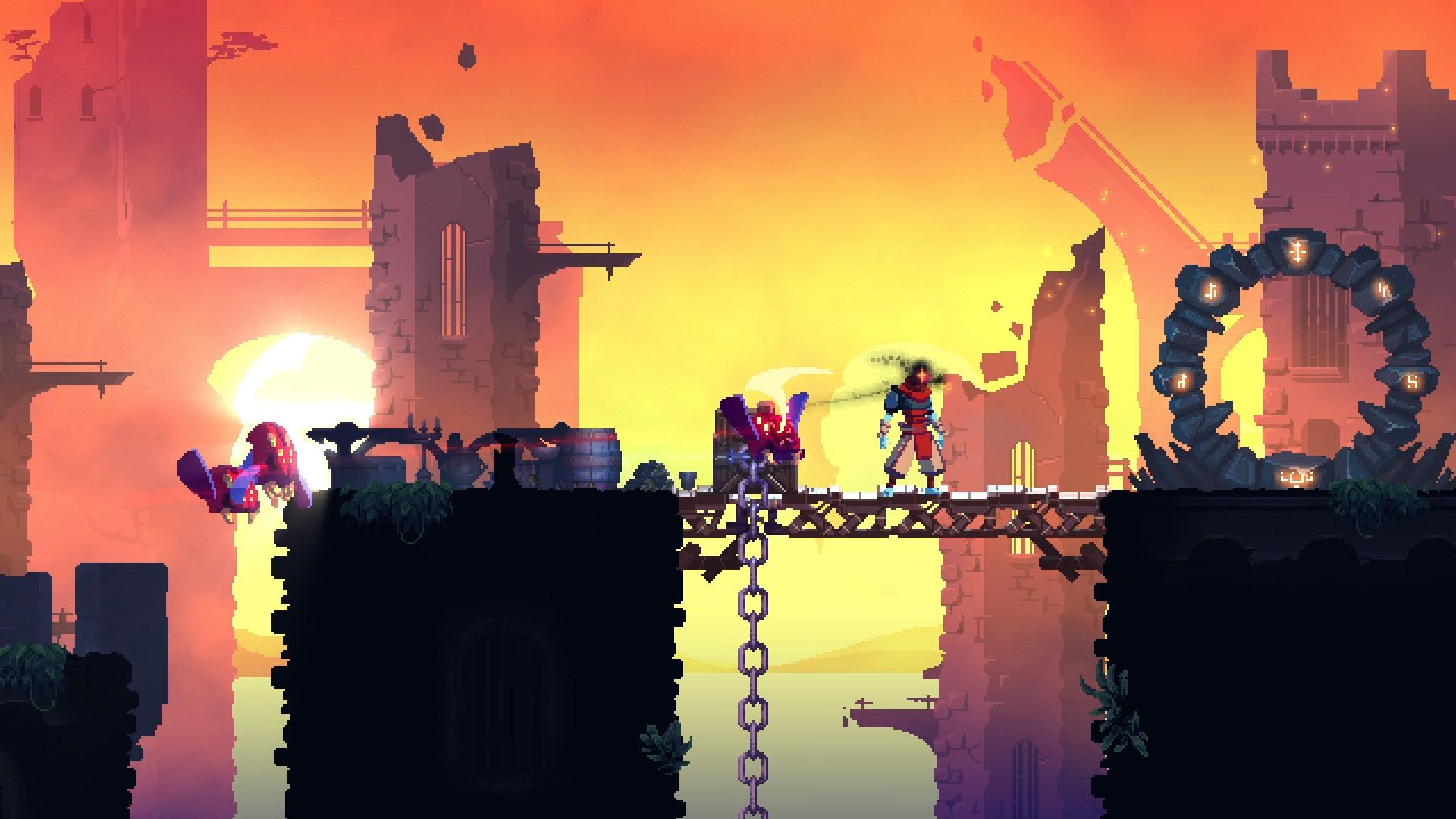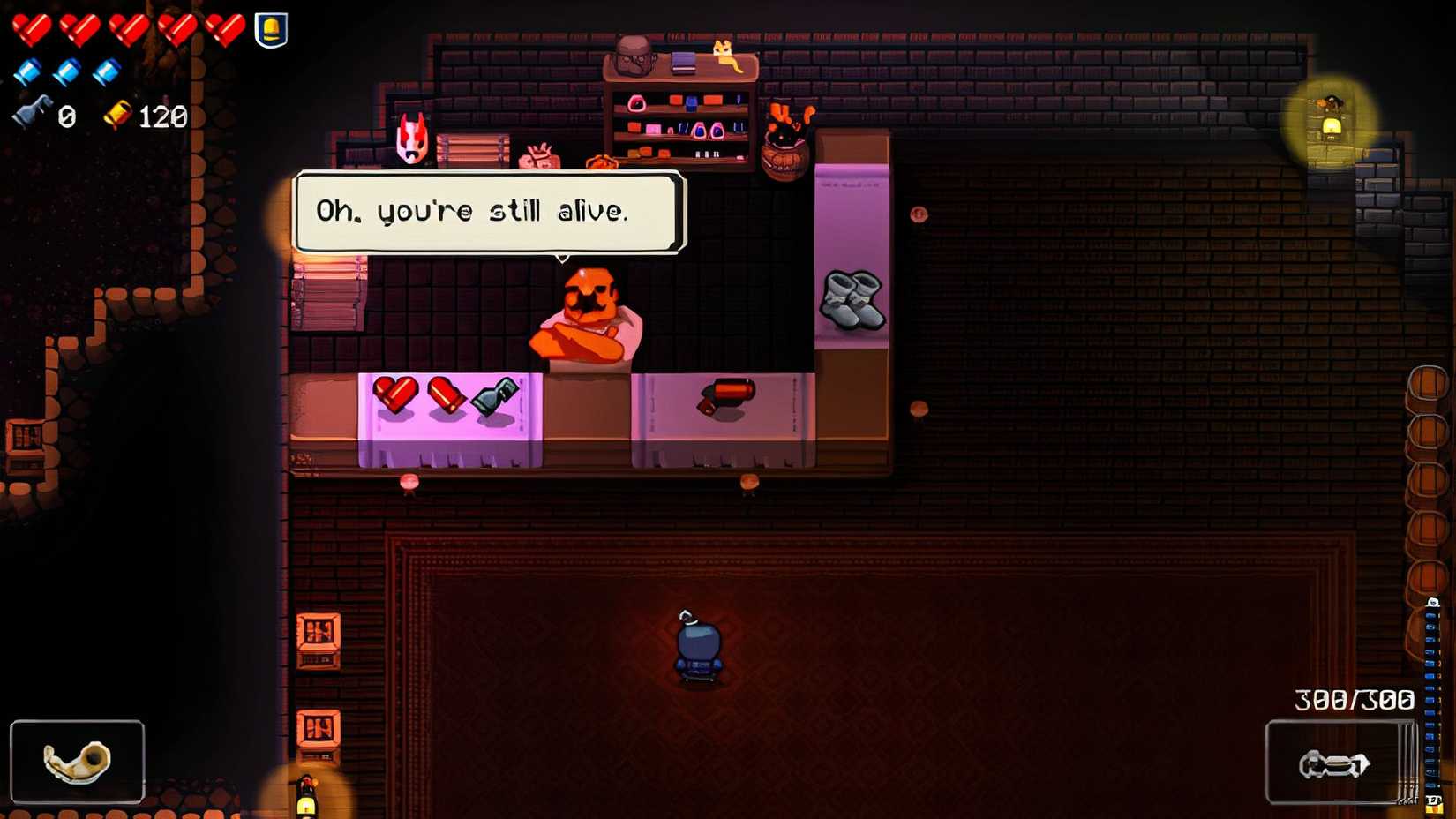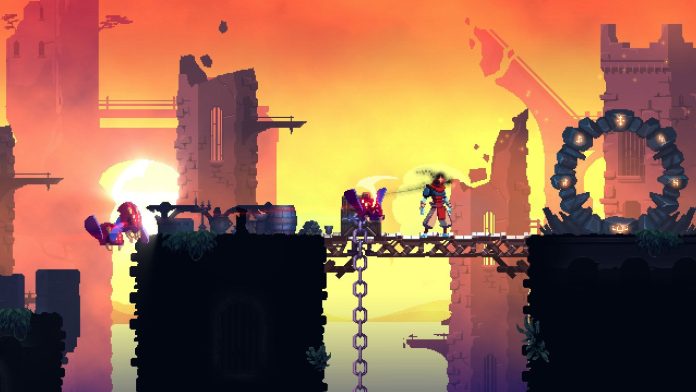Sometimes random chance feels good, and sometimes it sucks
The best roguelikes always play fair

Sign in to your Polygon account

This article is part of Run, Die, Repeat, Polygon’s week-long series exploring roguelikes.
Random chance is key to the success of any roguelike, but it is easiest to notice when a game feels unfair. We expect games to obey their own rules, even when events are random. Easy successes can make a game feel infantilizing, and too many failures can make a player assume the system is trying to sabotage them. Bad luck clusters tend to feel unfair, even when they’re not. An unlucky streak of rolls during Baldur’s Gate 3 almost made me drop one of the most celebrated games of the decade. That’s because my brain instinctively tries to find a pattern in the randomness.
The best roguelikes tame randomness by giving players control and providing them with information. Systems that either protect against bad luck or allow the player to prepare for it are key to making a game feel fair and cultivate a sense of mastery — even during a losing streak. Randomness is essential, but it can’t make player choice and skill take a backseat.

Enter the Gungeon, the 2016 bullet-hell shooter, nails this all-important balance. The game is filled with items and opportunities to make your current run a success, and the more you play, the more potential items you can unlock. A Reddit user in the Gungeon community sums it up perfectly: “There are like five shit items in the entire game, all other stuff is an upgrade or sidegrade.” Mastery of mechanics in Enter the Gungeon will supersede its random elements, every single time.
Permanent upgrades and meta-progression can also improve the experience. Dead Cells is a side-scroller where you traverse an island full of murderous mutants, and each defeated enemy gives you Cells to spend on enhancing your weapons or health. The game provides its players with a large arsenal of options, ensuring that every run is winnable. For instance, the Vampirism skill allows you to steal HP with melee attacks, while also granting a speed boost. It enhances the game’s fundamentals, making every run more engaging. Even a mediocre upgrade, such as the Blood Sword, can become incredibly useful thanks to synergies with other items and status effects.
In contrast, giving the player too little agency is a surefire path to frustration. Dicey Dungeons has, in my experience, the rage-quitting kind of randomness. As you navigate through the dungeon, your dice rolls determine the strength of your attacks and abilities. Too often, it feels like the game is giving me the opposite of what I need, and rerolls can feel anything but random. Dicey Dungeons isn’t as upfront about the low odds of a successful run as it could be, and it doesn’t go far enough to make a failed run feel rewarding.

If a game is more candid about its difficulty, that’s a different story. Getting Over It with Bennett Foddy is a 2017 game where you’re a man in a pot attempting to ascend a mountain with a hammer. It is brutally punishing — and it’s clear from the outset that this game is intentionally built to frustrate you. One mistimed swing can mean the erasure of all your upward progress. But when you come in prepared to fail repeatedly, it’s easier to accept.
Darkest Dungeon, where you manage various afflictions while navigating a gothic mansion, is also unforgiving in its design. To its credit, though, the game literally tells you that in its opening minutes: “Darkest Dungeon is about making the best of a bad situation.” Perception is everything when it comes to randomness, and when losing is part of the fun, you’re a lot less likely to come away feeling exasperated.
Fairness can be boiled down to one word: agency. Randomness can enhance the challenge without overwhelming player choice. You should come away from a losing run with ideas for new ways to meet the challenge next time it comes your way. If a success or failure is linked to your choices, it’s easier to accept it as good old-fashioned variance rather than the devs screwing with you. Sure, unfair situations can become opportunities for personal growth. But a game is far more likely to get under your skin if it makes you feel smart, strategic, and tenacious along the way — even if sometimes winning is just a matter of dumb luck.
